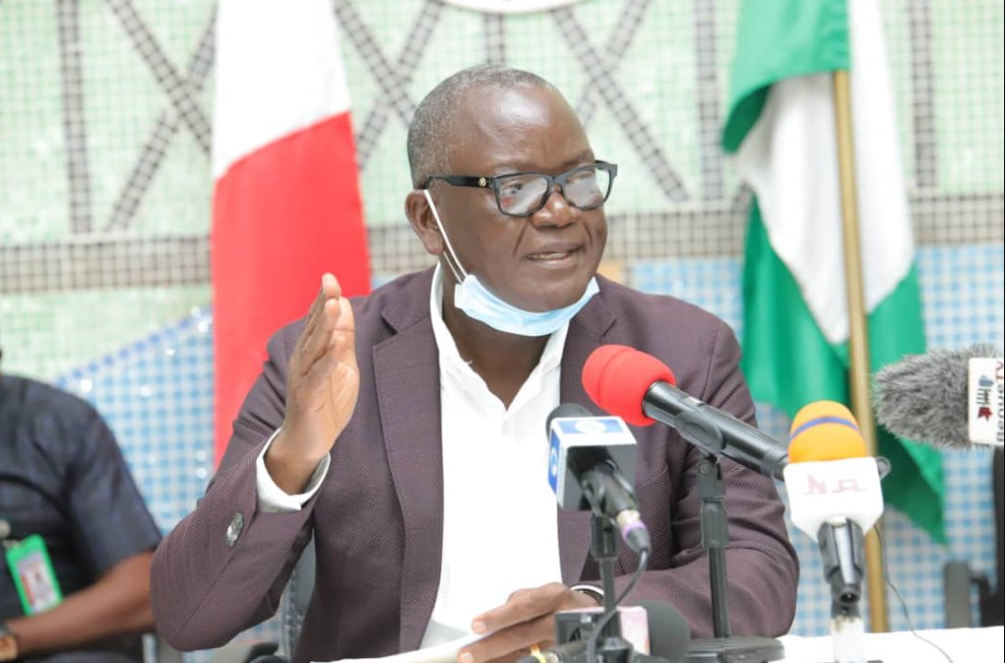The Court of Appeal, Makurdi Division, has validated the power of the Economic and Financial Crimes Commission (EFCC) to direct banks, without the backing of a court order, to freeze the accounts of state governments for the purpose of investigations.
The decision of the court delivered on Thursday overturned the earlier judgement of the Federal High Court in Makurdi which had barred the anti-graft agency from placing a Post-No-Debit (PND) order on the Benue State government’s accounts.
“In a unanimous judgment delivered by Justice M.S. Hassan on Thursday, September 22, 2022, the appellate court held that, the EFCC has powers to place any account, (state governments’ accounts inclusive) on PND for 72hours, for the purpose of investigations, without a court order.
“The court also set aside the N50 million damages awarded against the EFCC by the lower court,” the statement read in part.
A PND is usually issued by the Central Bank of Nigeria (CBN) and anti-graft agencies through letters to banks to block certain customers from carrying out debit transactions on their bank accounts being investigated.
The PND order lasts for 72 hours, and the requesting body is expected to obtain a court order for the restrictions on the accounts to continue.
Background
The Benue State Government had said in August 2018 that its bank accounts with funds meant to pay the salaries of workers and pensioners had been frozen at the behest of EFCC.
“Accounts of the Benue State Government have been frozen by EFCC,” Terver Akase, a spokesperson for Governor Samuel Ortom, said in a statement.
“It is part of the political witch-hunt against Governor Samuel Ortom. The action of EFCC is already having negative impact on the running of government in Benue State. It is a move that will affect salaries, pensions and other sundry payments,” Mr Akase said.His confirmation came a day after it was reported that at least three bank accounts which the state held with GTBank, First Bank and Fidelity Bank had been blocked by the anti-graft office as part of a corruption probe.
Media reports had suggested that the Benue State governor, Samuel Ortom, was being investigated for misappropriation of security funds.
The governor denied the allegations, saying the probe was part of a witch-hunt triggered by his then recent defection from the ruling All Progressives Congress (APC) to the opposition Peoples Democratic Party (PDP).
The state government had then approached the Federal High Court in Makurdi to place a PND on its accounts without a court order.
In the judgement delivered on 2 February 2019, the judge, Mobolaji Olajuwon, barred the EFCC from placing a PND on the account of Benue State government.
Dissatisfied with the judgement, the EFCC filed an appeal against it at the Court of Appeal in Makurdi, with its lawyer, Steve Odiase, arguing that it is within its powers to freeze the account of Benue State government.
The court, in its judgement, according to EFCC, held that that banks are legally bound to obey the PND orders from the EFCC.
